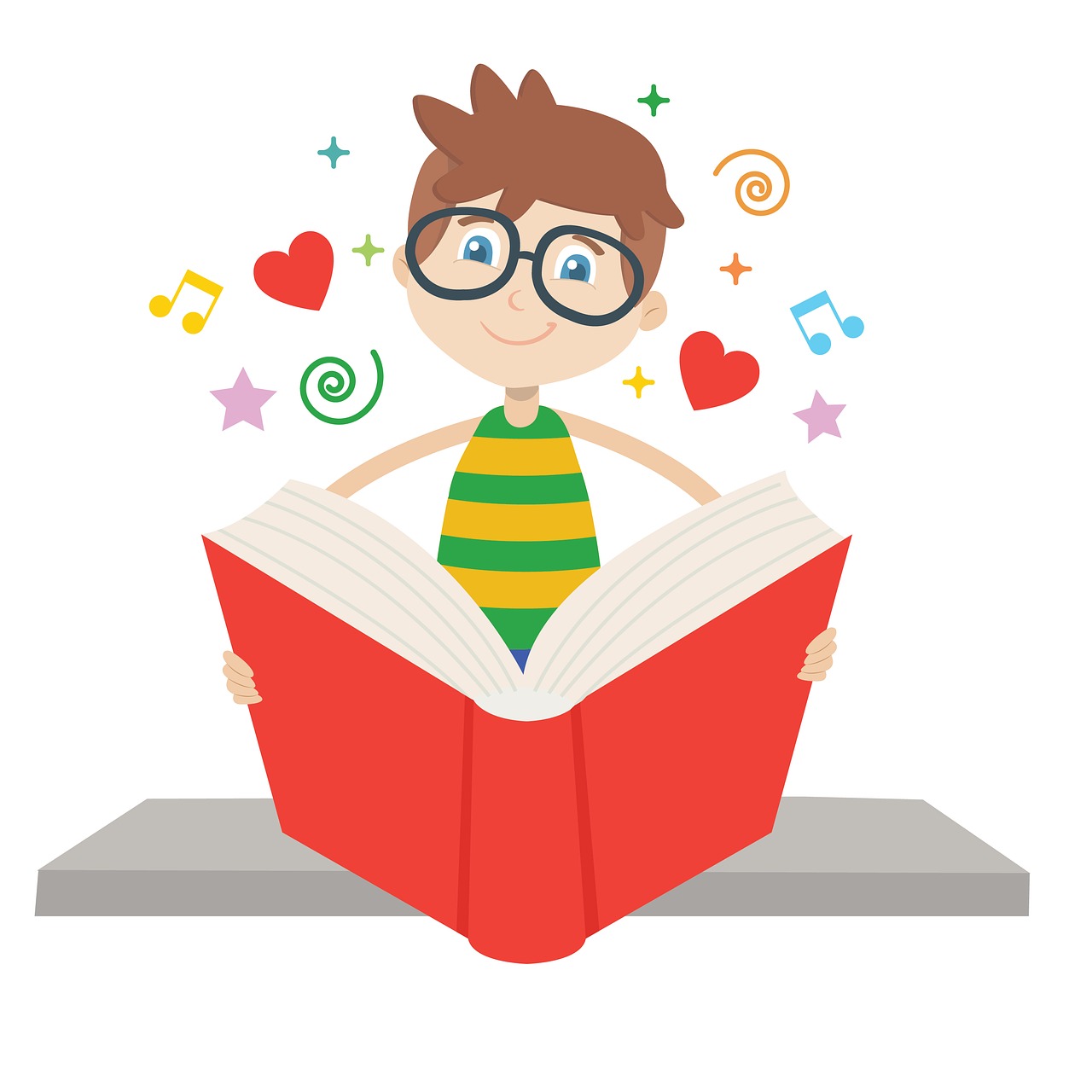
There is an expert who can explain to you how to write a children’s book.
This morning, I interviewed the librarian at a local elementary school.
Kellie Lowe from Rio Del Mar Elementary was so gracious, inviting me into her library.
I haven’t been inside a library since before the pandemic.
Kellie had a gleam in her eye and was happy to talk about books, books, books.
She was everything you would hope for in your child’s school librarian.
She was knowledgeable about the kids, informed about the books on her shelves, and excited about the new books that had just arrived.
I learned as much or more from her about writing for children than I have from some of the writing conferences and lectures I’ve attended.
As a writer, I wanted to hear her perspective.
A children’s librarian might be an even better source than kids themselves.
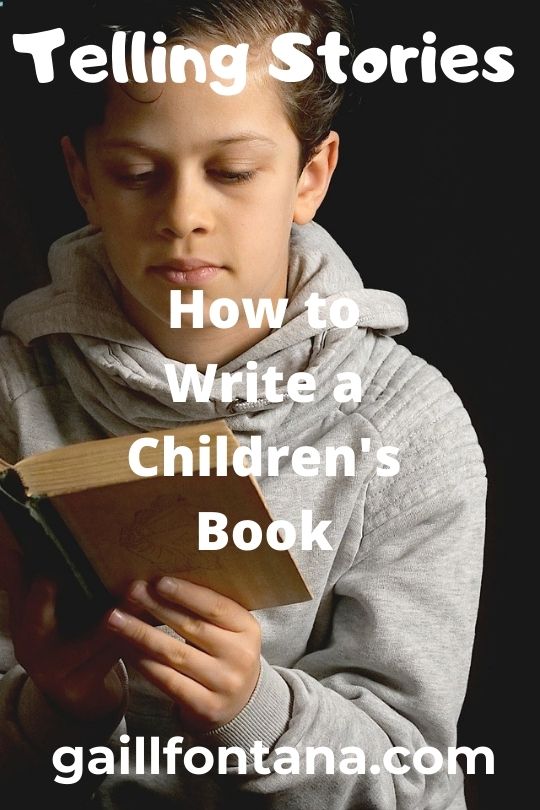
Where a child might be vague or over-the-top without knowing why, a librarian can put ideas and observations into perspective.
It occurred to me that I’ve been writing in a vacuum.
Sure, I read a lot of middle grade books, plenty of picture books, adult fiction, too.
But a school librarian is in the trenches.
Kellie certainly is.
I asked about the popular books.
Rick Riordan books, she said.
Also Captain Underpants and the Diary of A Wimpy Kid books. (Potty humor apparently never goes out of style.)
Does anyone read Winnie-the-Pooh anymore?
Yes, she said, the more mature readers do.
Yay!
She said the popular genres were fantasy, adventure, and graphic novels.
Graphic novels?
I nearly sneered.
And shame on me!
She said that graphic novels are fantastic.
A good graphic novel can ease a child into the world of reading, can introduce potentially boring subject matter, like history, and keep a child engaged.
Graphic novels are a way for kids to drop into new and possibly difficult subjects.
As for books with BIPOC characters or about gender or sexuality, are they really important to today’s children?
Absolutely, she said.
But she also said that BIPOC, gender and sexuality don’t necessarily need to be the subject matter.
Such characters or themes can simply be woven into the fabric of the story.
Kids like to be able to see themselves represented in books. (I did know that.)
So, while a child may not identify with, say, the gender angst of a character in a book, perhaps that character comes from divorced parents, or is homeless or hates broccoli.
Kellie will always stop in the middle of a story and ask, “How is this character similar to you?”
Does Kellie think that kids are growing up too fast and do some of the books on the market seem to facilitate that?
She agreed that kids do grow up fast and that some books are too mature for some kids.
That was the key word: some.
She said she has kindergartners who have read Harry Potter.
Some other kids who have read Gone with the Wind.
She knows the kids at her school well enough to be able to guide them to a book that’s appropriate for their reading level and their level of maturity.
She expects to hear from parents so they can have a dialogue about their children and their reading material.
She also expects parents to discuss the books with their children as they’re reading and after they’ve finished.
So many books can be devoured by kids, but they can’t always get the full measure of the book unless they can discuss it with an adult.
A big takeaway that I got from the meeting: Kids don’t like to read a lot of dialogue.
I figured dialogue made for a fast-paced read.
But she said it can actually slow the reader down because they have to determine the character’s tone, the character’s meaning, figure out the character tags—who said what.
She said, in her experience, readers like description.
They like to be grounded in the story, to be able to see, smell, feel, hear what’s going on.
They want to be immersed in a good read.
Don’t we all!
Thank you, Kellie.
Your input was invaluable to me. You told me how to write a children’s book.
Our local kids are lucky to have you in their library.
Parents, I hope you and your kids are lucky enough to have a librarian like Kellie who cares so much about your kids and the books they read.
Read this book review Here.
Before you go, don’t forget to sign up for my mailing list, below:
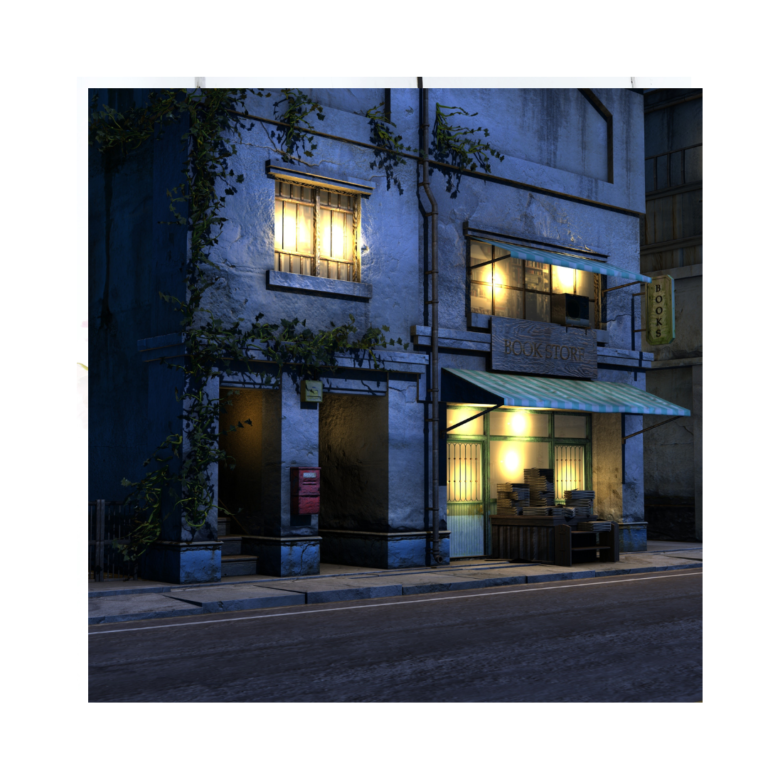
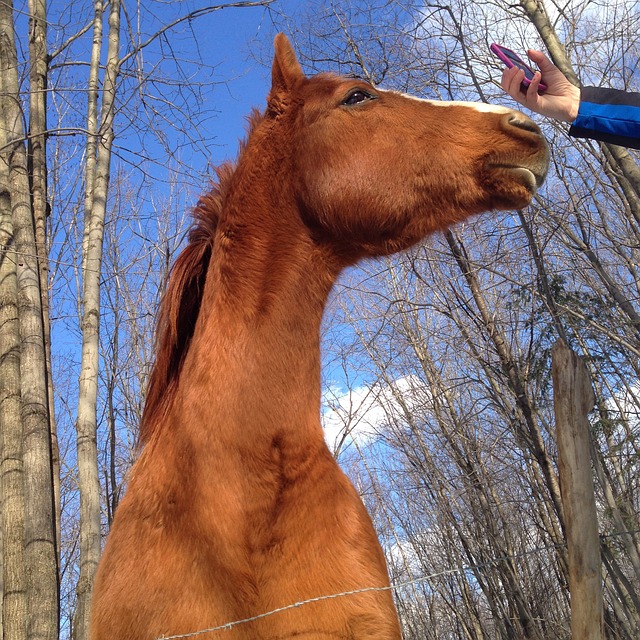

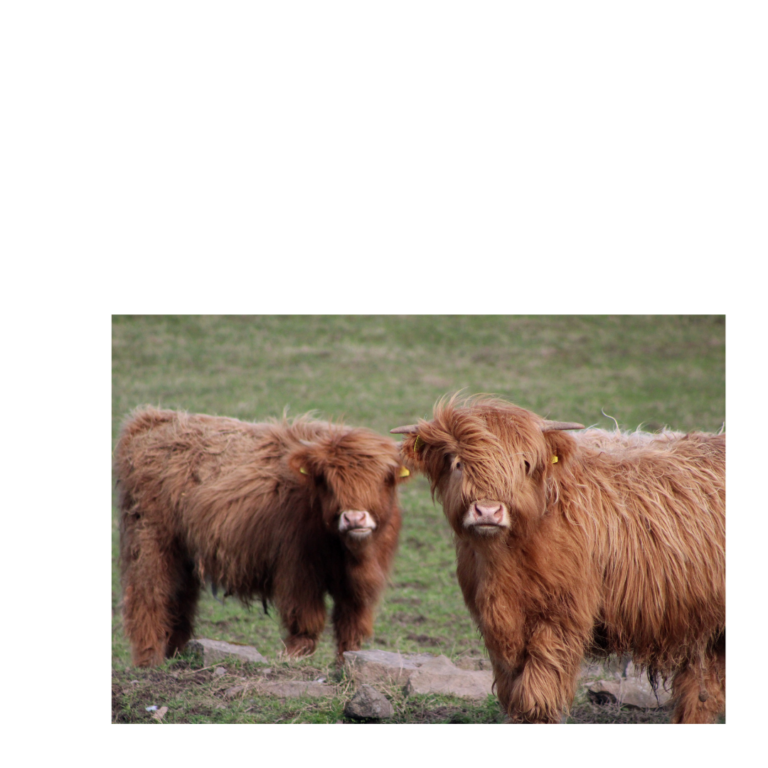
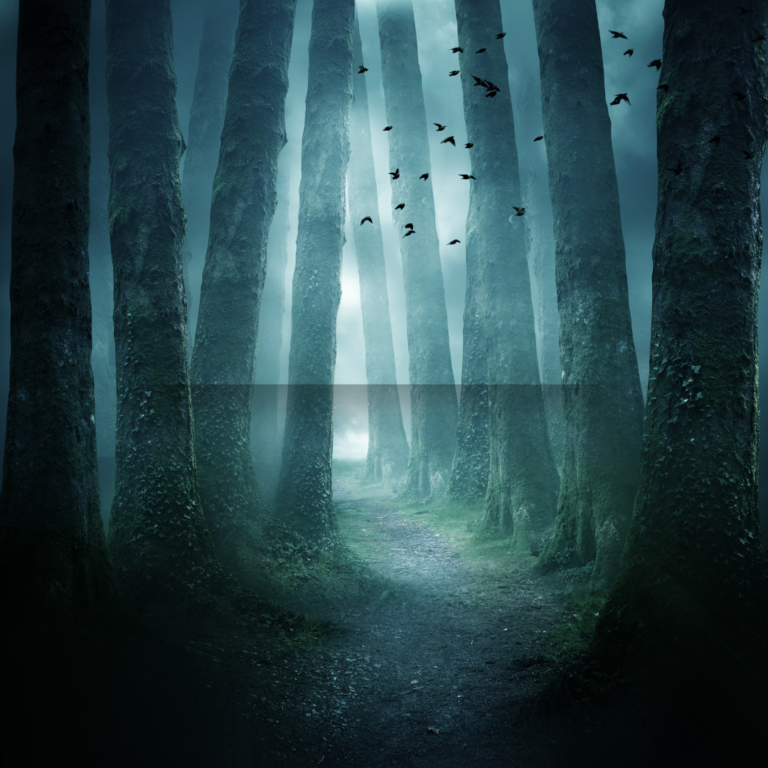

Gail,
Thanks for reminding readers (and those who wish to write for children) what a great resource a children’s librarian is. Great interview!
Thank you, Suzanne. It was so refreshing–and hopeful!–to talk to her.